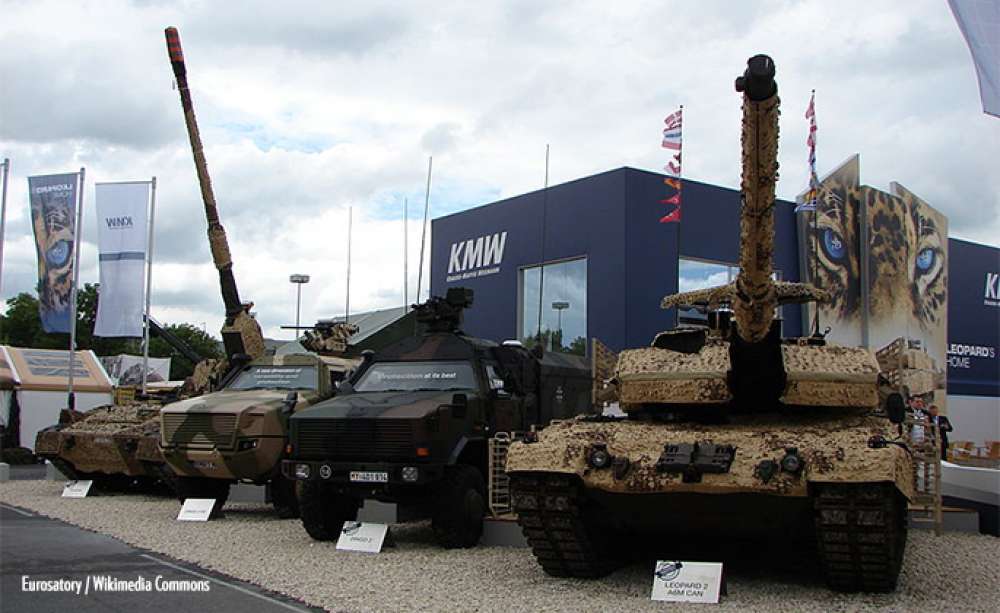Germany: The Economic Perils of More Arms Exports

The domestic debate on arms exports in Germany is governed by a questionable consensus: the export of defense goods secures employment and technological capabilities in the long run. While it is true that critical commentators warn not to sacrifice ethical and foreign policy goals for economic interests, they do not substantially question whether higher arms exports help the German industry in the first place. A careful analysis of the international market for defense goods fundamentally contradicts this conventional wisdom. In the long run, the conditions to which the German defense industry can still export will pull the rug from under its feet.
The German arms industry is primarily export-oriented due to massive reductions in procurement by the German military and its NATO partners after the end of the Cold War. All German governments in the past 25 years have failed to initiate necessary structural adjustments. Instead, they supported companies attempting to access new markets abroad and thereby avoided addressing the underlying domestic imbalance between demand and supply.
…
To read the full article, please visit Atlantic Community online.
A German version of this article also appears in ZEIT ONLINE.
Philipp Dienstbier is a MA candidate in international security and political economy at Sciences Po Paris and the London School of Economics and Political Science. He was an intern at GPPi from June to August, 2014.







